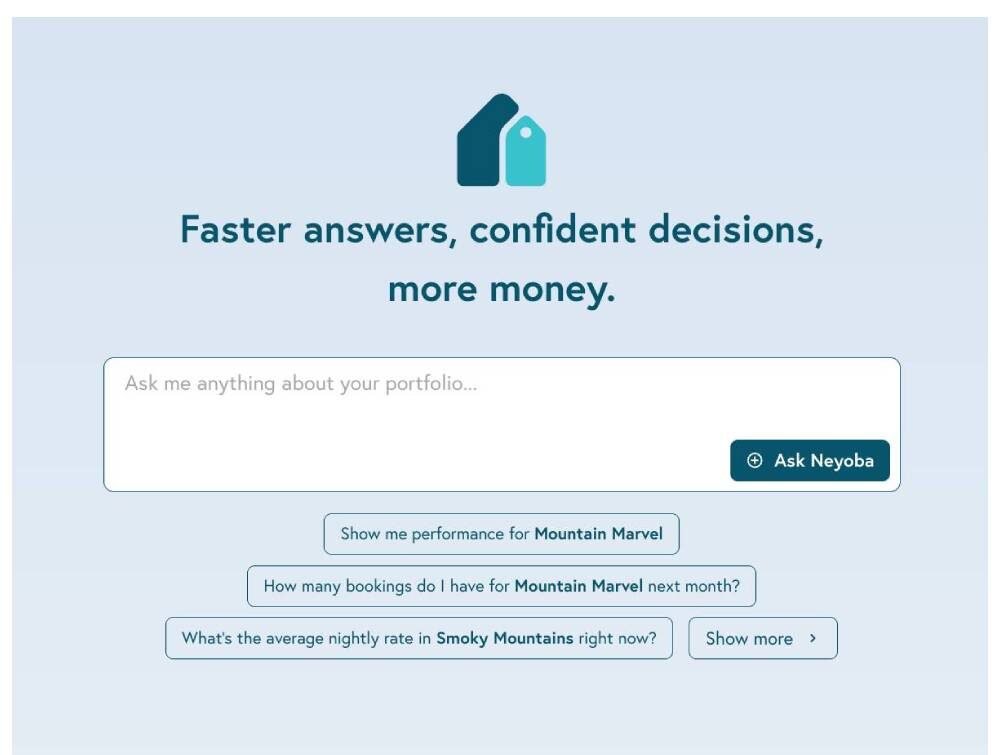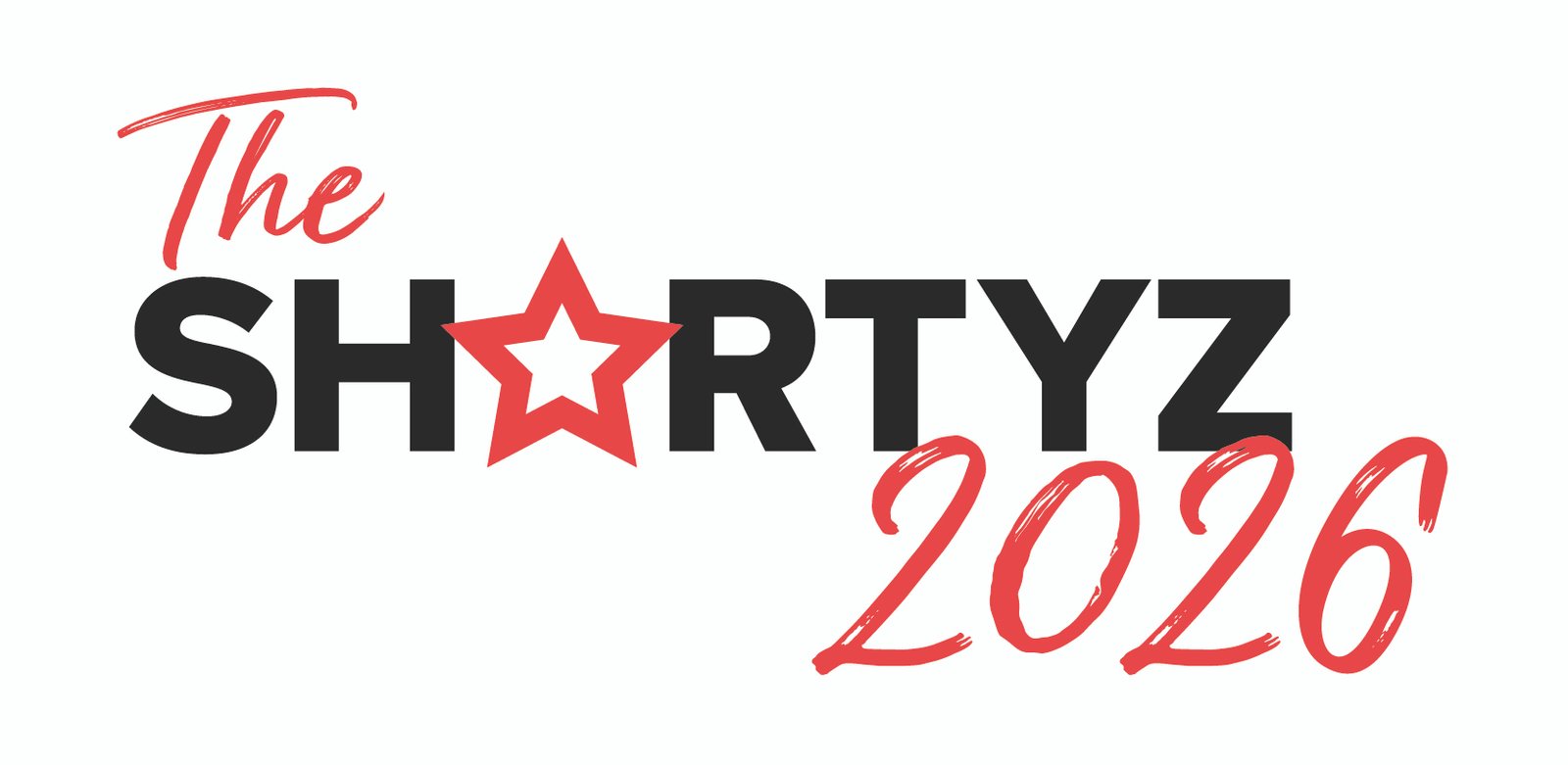South Africa: The Mayor of Cape Town has proposed a tax on short-term rental properties to address rising housing costs.
Geordin Hill-Lewis has argued that large-scale operators should be taxed similarly to hotels.
The measure aims to address concerns that digital nomads are driving up rental prices and reducing housing availability for locals.
Under the proposal, the tax would apply only to entire properties that are permanently used for short-term rentals, not to homeowners renting out individual rooms or garden flats.
Hill-Lewis said that the current system creates an uneven playing field, allowing some operators to run what are effectively small hotels without facing the same regulatory and tax burdens as traditional hospitality businesses.
Critics argue that the move could discourage remote workers and harm Cape Town’s reputation as a hub for digital nomads.
They see the proposal as an outdated regulatory response that protects traditional hotel businesses at the expense of a modern, flexible rental market.
South Africa has introduced a remote work visa for digital nomads who earn more than R650,796, or £28.000, from a foreign employer. The visa is valid for six months, as opposed to three for an ordinary tourist visa.
This visa can extended to 36 months subject to registering with the South African Revenue Service [SARS].
Since the Covid-19 pandemic, digital nomads in Cape Town have been at the forefront of a debate about whether they can benefit the economy or disrupt permanent residents.
This tension was exacerbated by the housing crisis and recession, and many Capetonians worry that their presence is driving prices beyond the reach of locals.







